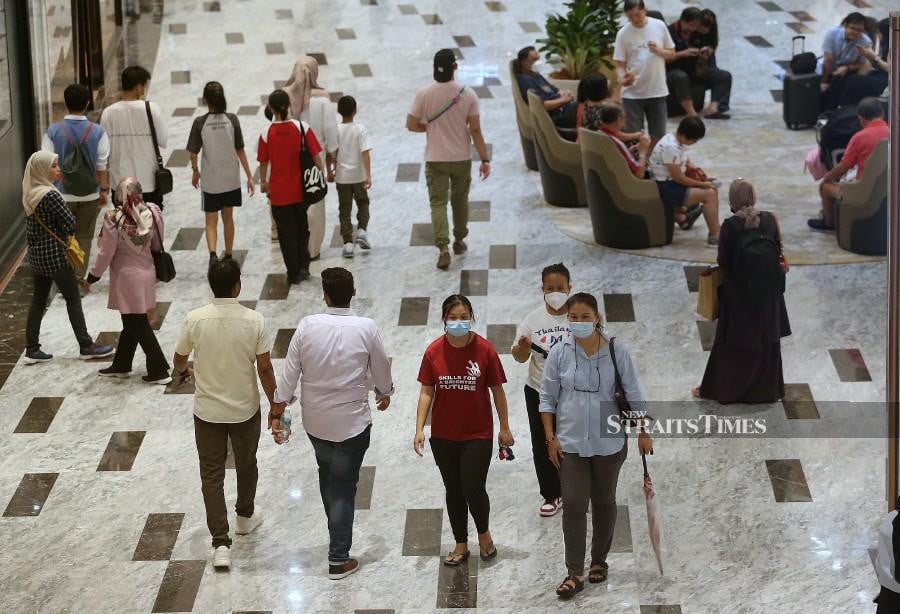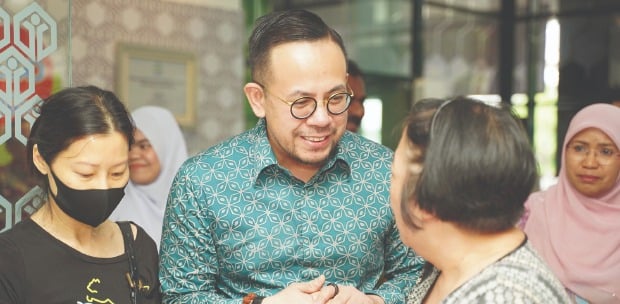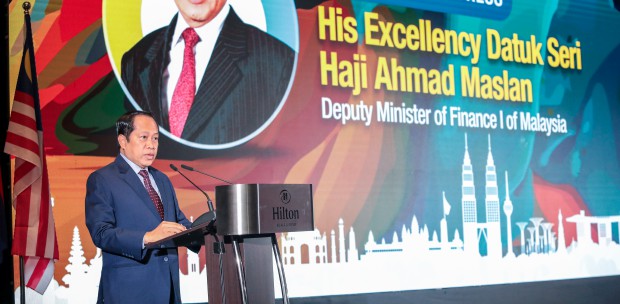ACROSS the vast expanse of developing economies, which account for 80 per cent of the world's population, a subtle but significant conflict is raging.
These nations find themselves in an economic limbo, akin to the West in the 1990s, while confronting the looming prospects of the 2020s.
The term "developing" implies an expectation to "graduate" and emulate the developed world.
However, in a dynamically evolving world, is it equitable to rigidly categorise countries based on antiquated metrics and predefined performance indicators?
The undeniable reality is that the developing world is ageing at a pace surpassing its economic affluence.
Consider France, which took 115 years to double its population of 65-year-olds and above, a span marked by epochal historical events.
In stark contrast, countries like Malaysia are poised to undergo a comparable demographic shift in just 20 to 30 years, creating a challenging economic landscape with a shrinking labour force.
These developing nations, yet to reach the status of their developed counterparts, grapple not only with demographic transitions but also with global competition for resources, climate challenges, food insecurity, and brain drain.
The traditional approach of relying on immigration, a key strategy in the global North, may not be a viable solution for the South, especially considering the rise of right-wing protectionist governments and populist sentiments.
A paradigm shift is urgently needed in the global South's approach. Rather than fixating on external solutions, there is a resounding call to introspect and consider alternative approaches.
The Social Wellbeing Research Centre and Universiti Malaya underscore the indispensable role of an inclusive social protection framework for developing nations to thrive.
Contrary to being a mere welfare mechanism, a robust social protection system can yield both micro and macroeconomic benefits.
Examining the European Union as a model, France's commitment to social benefits, with almost a third of its GDP allocated to social services in 2019, showcases the potential economic impact of a well-structured social protection policy.
This commitment has contributed to France becoming the world's seventh-largest economy, with a significant proportion of its youth engaged in entrepreneurship.
In Malaysia, the potency of community social protection became evident during the Covid-19 crisis.
Despite substantial government stimulus packages, social movements like "#KitaJagaKita", "#benderaputih" (white flag) and "Kita jaga rakyat" emerged on social media.
While community involvement addresses gaps in formal social protection, sustainability remains a concern.
Nevertheless, it presents a pivotal support system for the global South, given limited government resources and challenging economic conditions.
In the face of fiscal constraints, the masses in the global South must mobilise private resources to support economic progress.
Religious practices, such as Islamic alms giving (zakat) and philanthropy in Judaism (tzedakah), can be repackaged to appeal to private citizens and complement existing social protection frameworks.
These ancient practices, when secularly emulated, offer a potential solution to the economic and demographic challenges confronting the global South.
In conclusion, the narrative shifts from a reliance on external factors to a focus on internal resilience and community involvement.
While the government diligently works to enhance the current social protection system, the imperative for change is unequivocal — the work must be done concurrently by members of society.
The global South must balance individualism with collectivism, leveraging private resources and ancient practices to bolster social protection policies.
In doing so, these nations can address the intricate challenges of adequacy, cost, and coverage, paving the way for sustainable and inclusive economic growth.
The journey is complex, but the imperative for collective action is resolute.
Professor Datuk Norma Mansor is the President of Malaysian Economic Association and President, Social Wellbeing Research Centre (SWRC), Universiti Malaya while Dr Muhammad Aizat Zainal Alam is from the Department of Economics, Faculty of Business and Economics, UM





